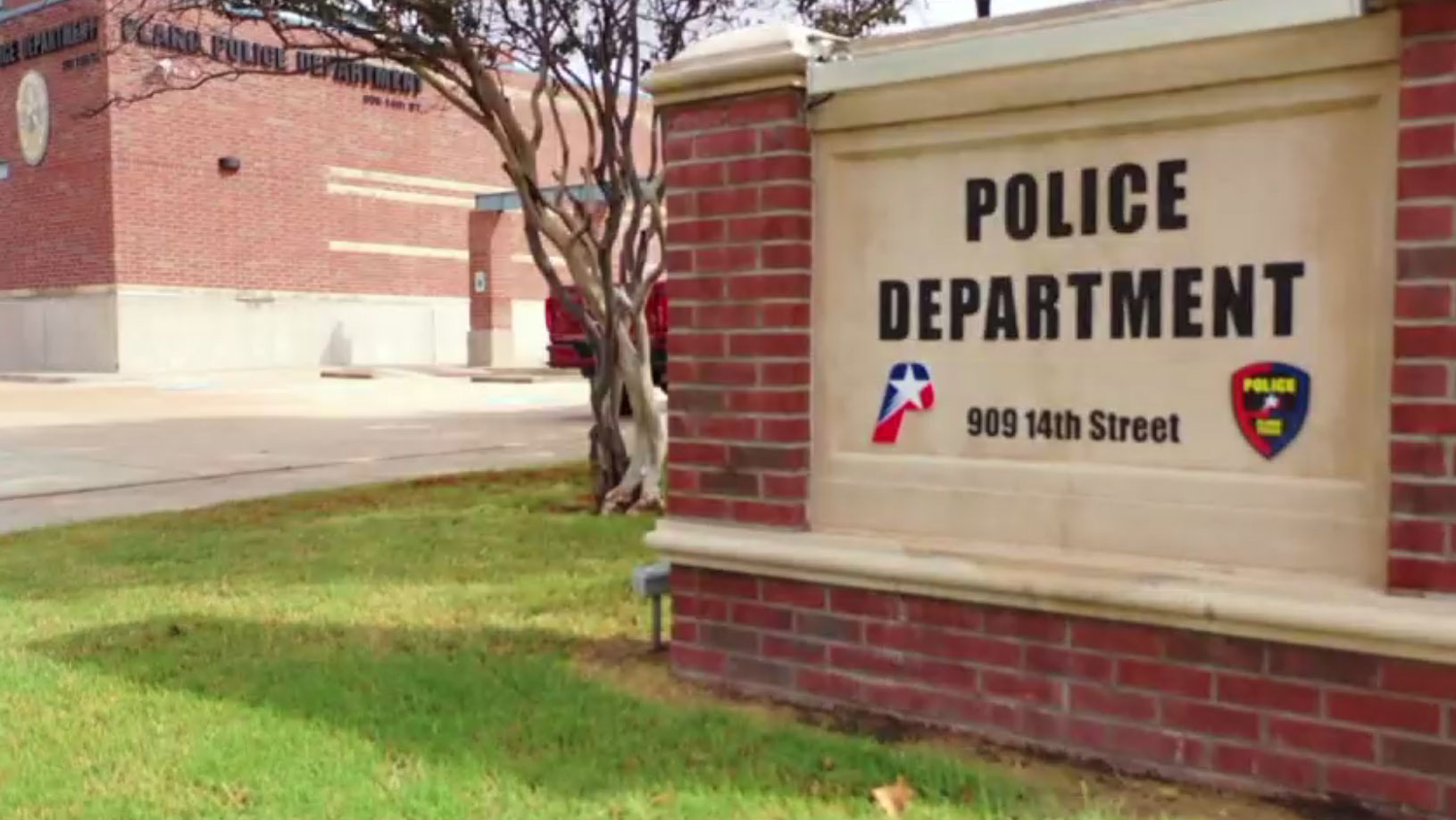What to Know
- For cite and release, the person must be in possession of less than four ounces of marijuana.
- They must live in Dallas County.
- They must not be accused of any other charges.
The Dallas City Council voted Wednesday to approve a cite and release program for people caught with small amounts of marijuana.
Instead of being taken to jail, the person will be given a ticket and ordered to appear in court.
In 2007, the Texas Legislature allowed the use of a cite and release program in the offenses of Class A & B possession of marijuana and Class B criminal mischief, graffiti, theft, theft of service, contraband in a correctional facility and driving while license invalid.
At its final passage, the program will only be for possession of marijuana and not for the other crimes.
Under the program, a person stopped for less than four ounces of marijuana can be cited. "Here might be a misconception in the public that if we have cite and release, it's okay and it's not going to be on their criminal record but it is still going to be on someone's criminal record," argued Dallas City Councilwoman Jennifer Gates. She went on to say that there were too many variables in the program and wanted it reaxmined.
Dozens of supporters wearing Faith Leader t-shirts argued that young offenders are being unfairly targeted. "The implementation of cite and release would be a major step in eliminating the number of black, brown and working class people from being branded as a criminal for the rest of their life and from clogging up the prison system," said program supporter Beth Wise.
Local
The latest news from around North Texas.
LIVE FREE organizer Brittany White called the move a soultion to recidivism. "They have an opportunity to correct their lives, that they will not be branded as a felon, incarcerated, lose their homes, lose their jobs, their cars," White said. "They still have access to a quality of life," she said.
In order to qualify for this program, a person has to live in Dallas County and not be accused of any other charges.
Dallas police told the council 432 people were arrested for marijuana possession in 2016 that could have been eligible for this cite and release program.
Police said it could save them about an hour for each call. Dallas Police Association President Michael Mata told NBC 5 that he was disappointed in the Dallas City Council's decision on cite and release. Mata said the time saved on a call under the program would be limited.
According to the Dallas City Council agenda, the cite and release program will go into effect on October 1st, 2017.



